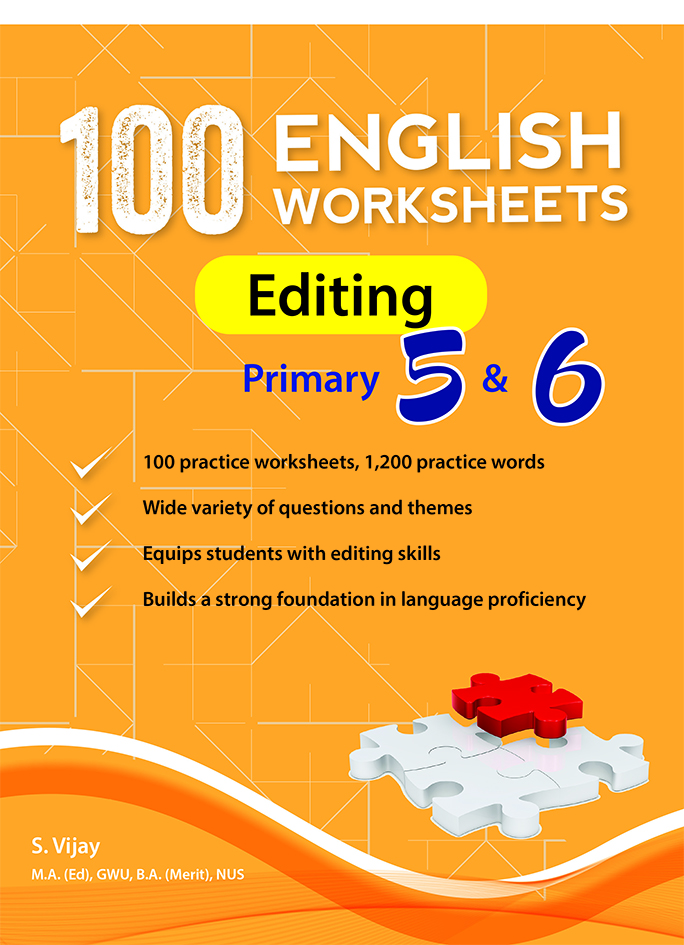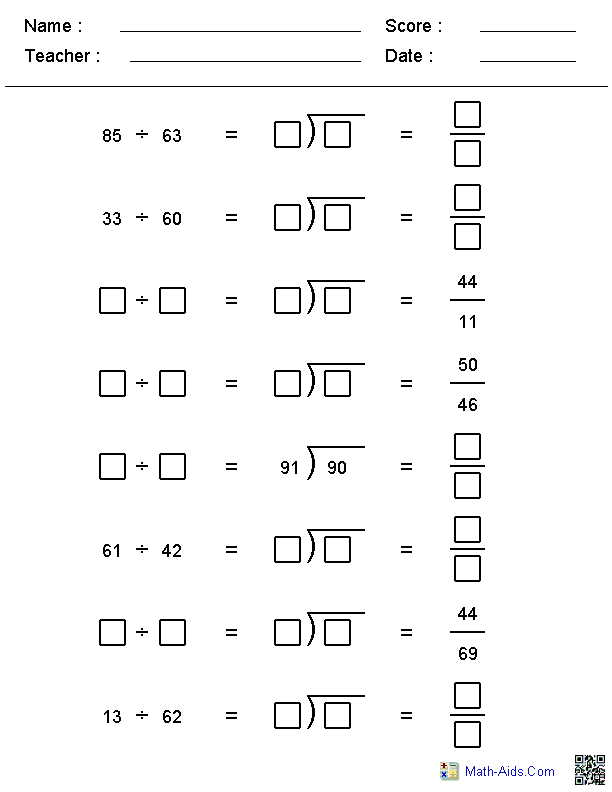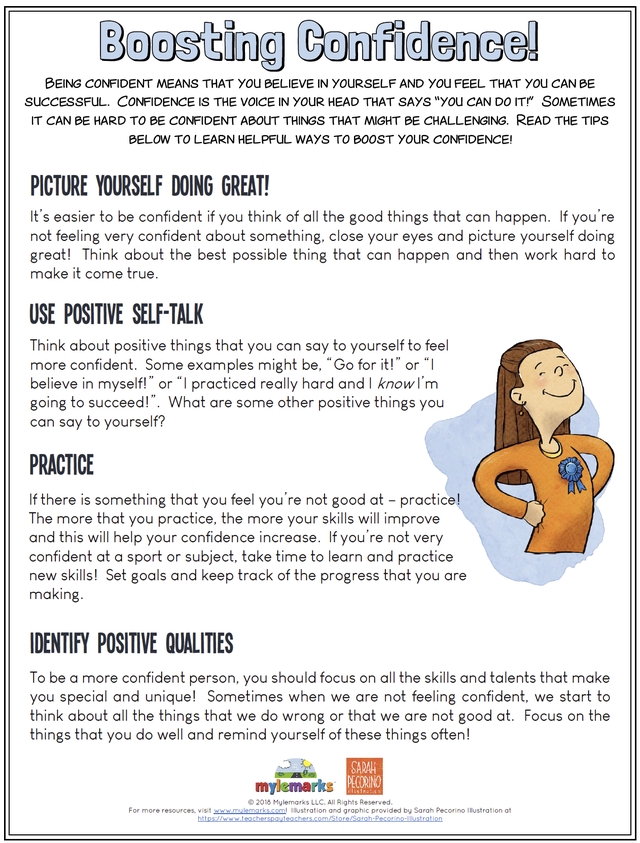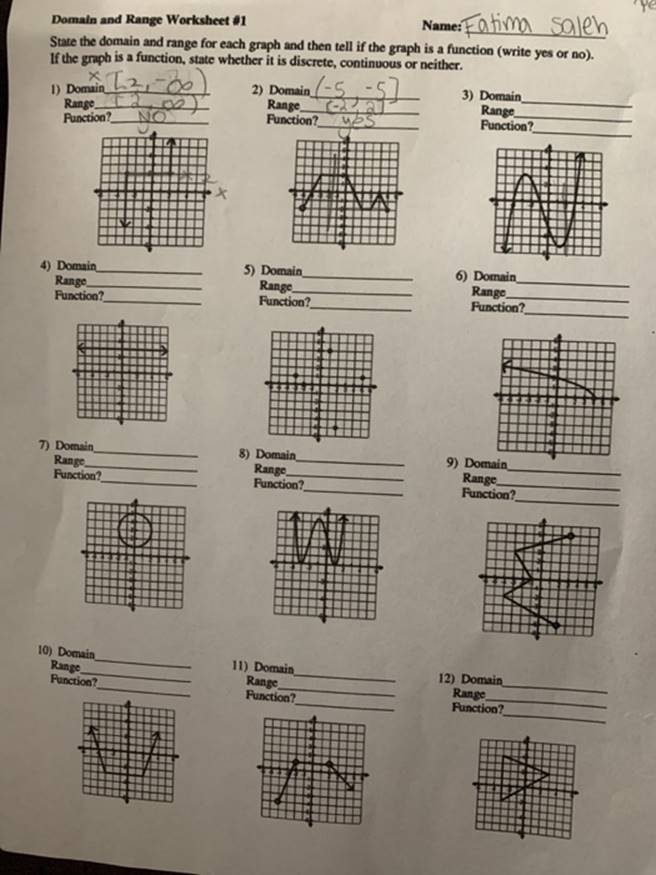3rd Grade Place Value Worksheets Made Easy
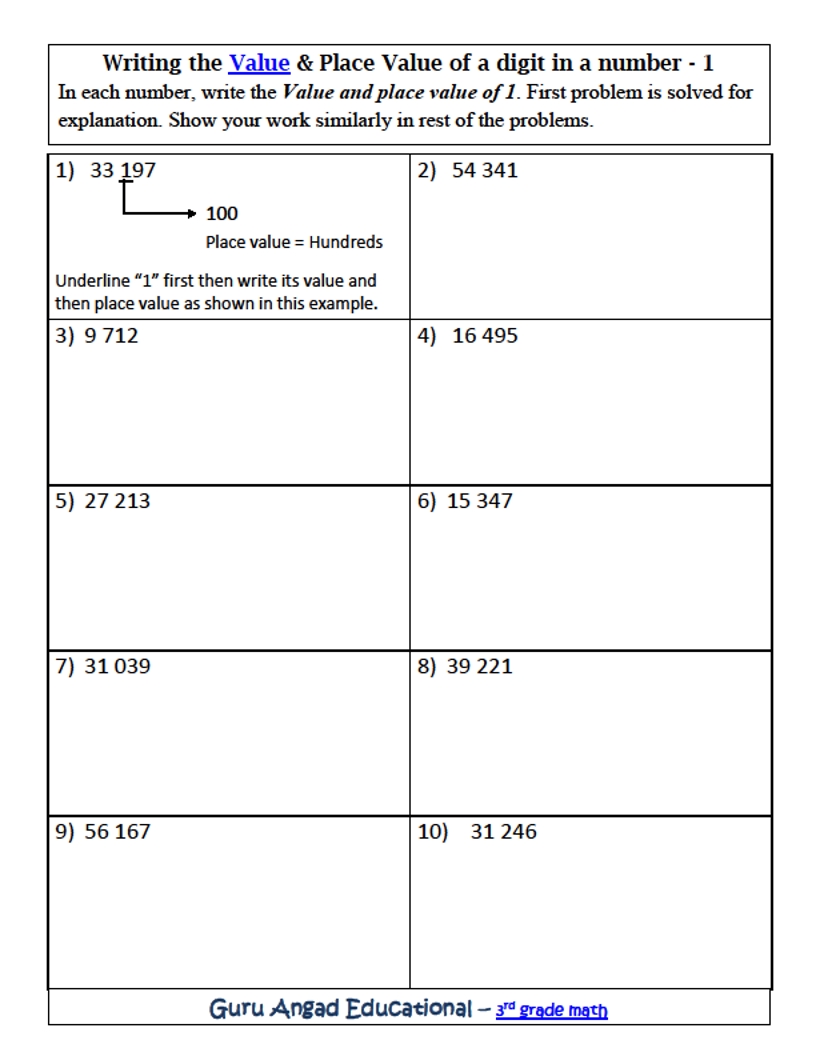
Unlocking the Secrets of Place Value: A Comprehensive Guide for 3rd Graders
Place value is a fundamental concept in mathematics that helps students understand the relationship between digits in a number. As a parent or educator, you play a crucial role in helping your 3rd-grade child develop a solid grasp of place value. In this article, we’ll explore the world of place value, provide you with engaging worksheets, and offer practical tips to make learning fun and easy.
What is Place Value?
Place value refers to the value of a digit depending on its position in a number. Each digit in a number has a place value, which can be ones, tens, hundreds, thousands, and so on. Understanding place value helps students compare, add, and subtract numbers.
Why is Place Value Important?
Place value is a critical concept in mathematics, and mastering it can help your child:
- Develop problem-solving skills
- Build a strong foundation for future math concepts
- Enhance their understanding of numbers and their relationships
- Improve their mental math skills
Place Value Worksheets for 3rd Graders
Here are some engaging place value worksheets designed specifically for 3rd graders:
Worksheet 1: Identifying Place Value
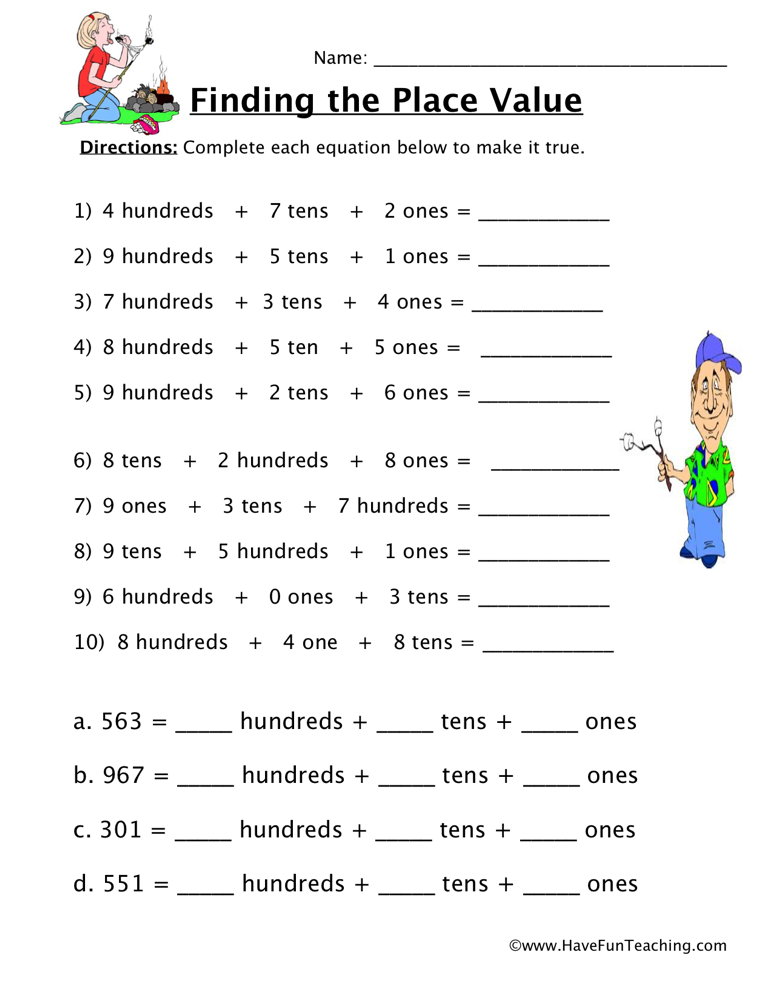
| Number | Ones | Tens | Hundreds |
|---|---|---|---|
| 456 | ______ | ______ | ______ |
| 279 | ______ | ______ | ______ |
| 942 | ______ | ______ | ______ |
Worksheet 2: Place Value Patterns
Complete the pattern by writing the next number:
- 14, 24, 34, 44, ______
- 75, 85, 95, 105, ______
- 219, 229, 239, 249, ______
Worksheet 3: Place Value Word Problems
Read the word problem and use place value to solve it:
- If Sara has 456 pencils in her pencil case and she gives 27 to her friend, how many pencils does Sara have left?
- If Tom has 942 books in his bookshelf and he adds 14 more, how many books does Tom have now?
Tips and Tricks for Learning Place Value
Here are some practical tips to help your child learn place value:
- Use visual aids: Use blocks, counting bears, or hundreds charts to help your child visualize place value.
- Play games: Play games like “Place Value War” or “Place Value Bingo” to make learning fun and engaging.
- Practice regularly: Encourage your child to practice place value regularly, using worksheets or online resources.
- Use real-life examples: Use everyday objects to demonstrate place value, such as counting money or measuring lengths.
💡 Note: Encourage your child to use mental math strategies to solve place value problems. This will help them develop their critical thinking skills and build confidence in their math abilities.
Making Learning Fun and Engaging
Here are some fun and engaging ways to learn place value:
- Create a place value scavenger hunt: Hide numbers around the house or classroom and ask your child to find them, identifying the ones, tens, and hundreds place values.
- Play place value charades: Write a number on a piece of paper and ask your child to act it out, using gestures to represent the ones, tens, and hundreds place values.
- Make a place value song or rap: Create a song or rap that teaches place value, using catchy melodies and lyrics to make learning fun and memorable.
What is the importance of place value in mathematics?
+Place value is a fundamental concept in mathematics that helps students understand the relationship between digits in a number. It is essential for comparing, adding, and subtracting numbers.
How can I help my child learn place value?
+You can help your child learn place value by using visual aids, playing games, practicing regularly, and using real-life examples. Encourage your child to use mental math strategies to solve place value problems.
What are some fun and engaging ways to learn place value?
+You can create a place value scavenger hunt, play place value charades, or make a place value song or rap. These activities will make learning fun and memorable for your child.
As your child masters the concept of place value, they will develop a solid foundation for future math concepts. Remember to make learning fun and engaging, using games, visual aids, and real-life examples to help your child understand and appreciate the importance of place value.
